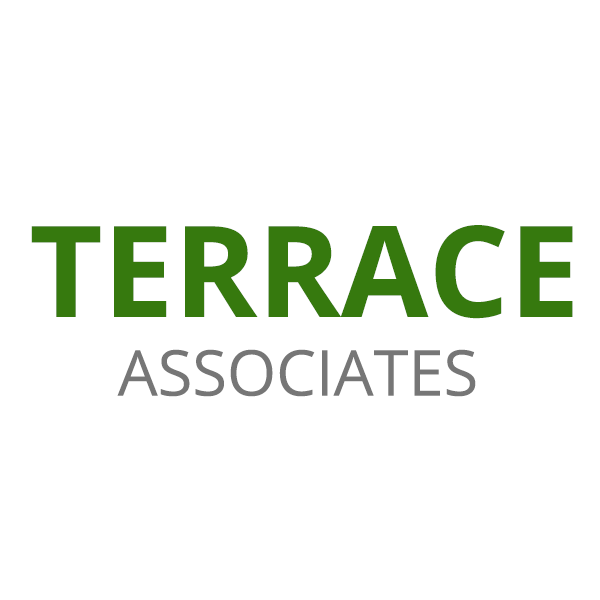Close of Escrow
/A real estate buyer should never give the purchase money directly to the seller. In turn, the seller should never deliver a signed deed directly to the buyer. For the protection of both parties, the use of an escrow holder is absolutely essential. In real estate transactions escrow is a process that assures that both parties have fulfilled their contractual obligations before the transaction is finalized. The escrow will also provide a detailed written accounting of every aspect of the transaction. The escrow holder, usually a title company, is a disinterested third party with no biases.
Escrow holders have the responsibility of holding any funds and preparing legal contractual obligations; the escrow holder delivers the funds to the seller and records a properly executed deed in favor of the buyer. The actual date of recordation is referred to as the “close of escrow”. The period of time prior to the actual close of escrow, when the escrow holder is collecting instructions from both the buyer and the seller and preparing the settlement statement, is the escrow period.
Understanding the time line of the escrow process is very helpful. A number of tasks need to be completed by independent parties and then processed by the escrow holder. An appraisal needs to be completed, all the buyers’ financial documents need to be reviewed, the lender needs to process the loan application and supporting documents to approve the loan. The loan “docs” including the note, deed of trust, all disclosures and addendums, have to come together. The buyers sign the loan documents and the lender funds the loan to the escrow company. Recording of the grant deed is scheduled after the funds are received. The close of escrow occurs when the grant deed is recorded with the County Recorder’s office.
The settlement statement that the escrow holder prepares during the escrow period specifically outlines in detail the closing costs that a buyer and seller are obligated to pay. There are non-recurring closing costs and recurring closing costs. Non-recurring closing costs are one time charges and fees incurred in transferring ownership; processing loan papers and searching and insuring title, for example. Recurring closing costs, or pre-paid items, are costs which will re-occur regularly, such as real estate taxes and property insurance premiums. These are examples of just a few of the many non-recurring and recurring closing costs.
Your Realtor can prepare an example of a buyer’s or seller’s estimated closing statement for you prior to purchasing or selling your home. The estimate will help you understand the process and outline the costs you will likely incur. Understanding this process will greatly reduce any anxieties a buyer or seller may have and will help make the buying or selling of real estate an easier and more enjoyable process.
Eric Ruxton and Larry Aikins are the owners of Terrace Realty Inc. and Terrace Associates Inc., in Redwood City. Terrace has been in business for over 50 years and in addition to being an independent Brokerage Company, also owns and operates rental properties.

